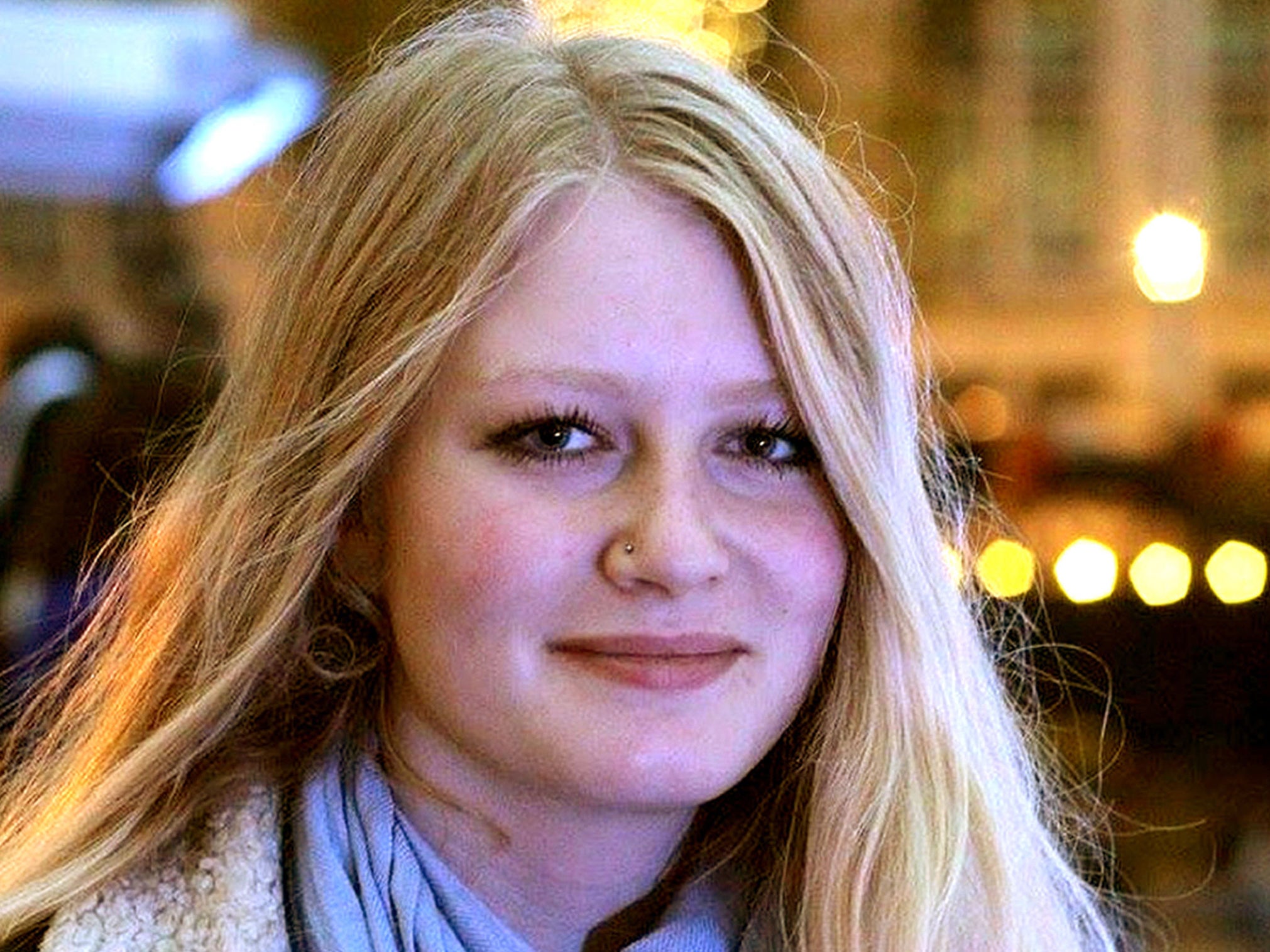My cousin died after accusing a man of rape and being treated with indifference by the police. This has to change
We want nothing more than for this to be over but truth and justice matter more, especially since this pandemic is amplifying the risks for victims and survivors


Attending the pre-inquest review hearing into my cousin’s death was harrowing. I’ve felt fury, grief, horror and fear and much of that because I know the reason Gaia Pope’s story is resonating with so many people. It wasn’t an isolated tragedy. It is the reality facing thousands of sexual abuse survivors nationwide.
It was December 2015 when my mum called to tell me that Gaia was in the hospital. After a year of silence she’d finally disclosed she had been raped by a known sex offender who threatened to kill her and us if she spoke out. The trauma was so immense she had to be hospitalised.
She was my cousin but I loved her like a sister and came home to support her in dealing with the police and trying to access support. We did improvised art therapy and went to self-defence classes together. The whole family did their best to help her heal but it was no substitute for the professional trauma-informed care she needed.
None of our lives were ever the same. Gaia’s descent into post-traumatic stress turned the life of this bright, caring and civic-minded young woman into a series of flashbacks, anxiety attacks and increasingly serious epileptic seizures that often ended in the back of an ambulance. The pattern of escalating mental health episodes all focused on the rape. She was begging for someone to save her life.
Early in 2017, the year she died, Gaia learned the perpetrator was being released early from prison, having been convicted for further sex offences. This prompted an episode so severe she was sectioned under the Mental Health Act. In hospital, the one place she should have been safe, she was instead sexually harassed by another patient. There’s not much we know about that yet except that a safeguarding referral should have been made for her and was not.
On 7 November 2017, the day Gaia disappeared, she had two appointments, one with her GP to request mental health support and another with Dorset Police for the first time since they dropped her rape case. Still unbroken, she wanted to report an incident of sexual harassment online. She never made either meeting.
She disappeared in a state of such acute distress we think she wouldn’t have been able to keep herself safe. The paperwork says she died of hypothermia but I call it a death by indifference. Almost three years later no one has been held accountable for any of this and that is a matter not just of our private grief but of public concern.
In court last week we were finally able to tell some of this story but in the bizarre position of having to request a delay in the inquest we’ve waited and fought so long for. Big gaps in the evidence remain and Covid-19 has crippled the court’s ability to safely host the kind of inquest we need: full, fearless and open to the public.
We want nothing more than for this to be over but truth and justice matter more, especially since this pandemic is amplifying the risks for victims and survivors and threatening to roll back decades of progress on women’s rights. It’s also compounding the devastation wreaked on support services by a decade of government austerity cuts, creating a perfect storm.
If you’re raped in the UK today you’re less likely to get a conviction than you were in the 1970s. With 82 reports per conviction in 2018, Dorset Police has the worst conviction rate in the UK. Dorset also has particularly poor mental health outcomes and evidence that there is something really wrong within Dorset Healthcare Trust too is mounting. In the three years leading up to Gaia’s, unexpected deaths of mental health patients rose 50 per cent. Earlier this year a child psychiatrist was convicted of child abuse pornography offences and there have been other cases of sexual abuse not only by patients but also by staff.
There’s still a lot about what happened to Gaia that we still don’t know but we do know this: we need radical change not only in Dorset but nationwide.
We intend to do everything in our power to make sure that your family never has to stand where we stand today, fighting for justice for someone who’s been taken from you and who can never be replaced. That is what Justice for Gaia means to us.



Join our commenting forum
Join thought-provoking conversations, follow other Independent readers and see their replies